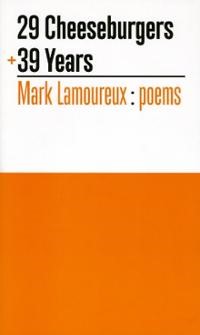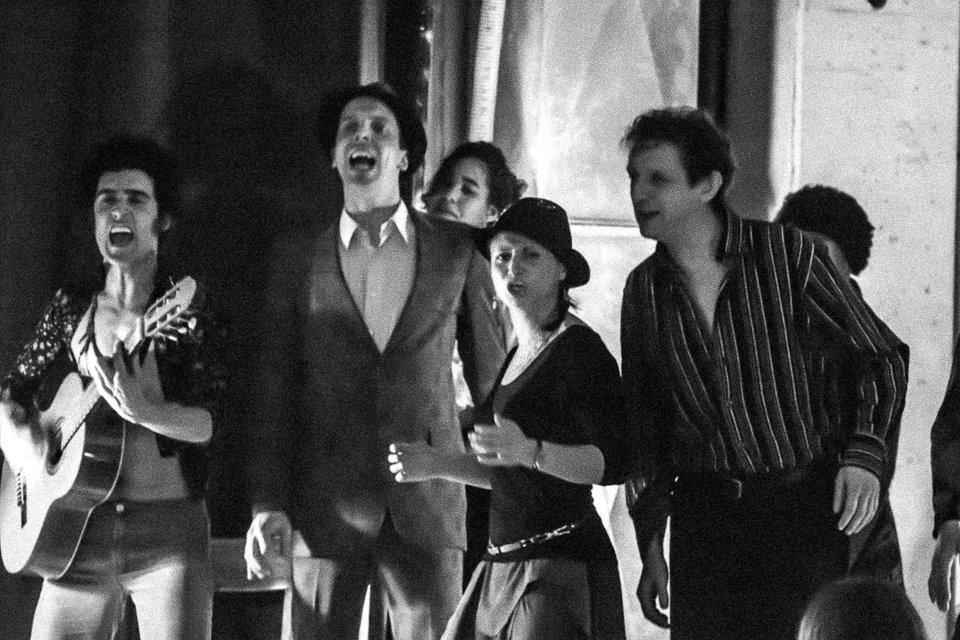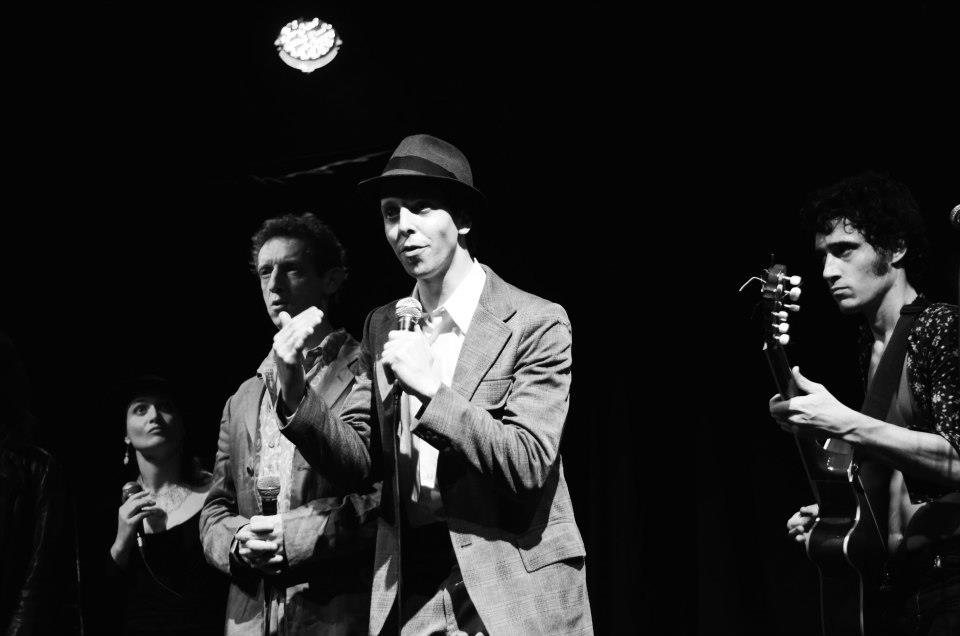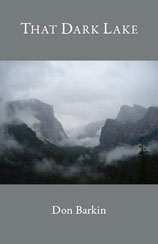Review of Wake Me When It’s Over: Selected Poems by Bill Kushner
If you happen to have a kooky old Jewish uncle who’s also a kind of poetic savant sitting around on park benches in NYC taking things in, you’ll have an idea of what to expect from the poems of the late Bill Kushner. Kushner’s a genial nonconformist by temperament and Wake Me When It’s Over, Peter Bushyeager’s excellent selection drawn from the poet’s eight books, offers the seductive charm of childish candor without any of the obvious calculation so often implicit in ‘confessional’ poetry.
Kushner’s free and easy lines blithely mix questions and statements, generalities and specifics, to get at a thought the reader never sees coming:
…The trouble is
One can understand passion, any form of it, more
Readily than affection.
In a poem called “Goodbye,” the speaker watches “two friends who’re men who’re lovers kiss.” The casual act fascinates, prompting a meditation on the poet’s own status as a single person. What they have, he doesn’t, and he compares his status as a single person to being the first guest to arrive at a party: “...am I that/ Most awful of beings: The First One?”
From the book’s opening poem, “Night Fishing,” (“Why are you crying, he asks, as the sun/like a hungry shark follows us home.”) you know you’re reading a highly original writer averse to falsehood or convention. The point of his personal and streetwise poetry is not to spill secrets but to give us life as it’s lived, without filter, as in for instance the poem “Bread,” when he recalls his father suddenly entering the room where he’s in bed with another guy (“He looked and his face just went dead.”). These narratives are variously ecstatic, funny, bewildering, fearful and above all replete with disappointments that must somehow be negotiated without losing heart.
Kushner the writer never pulls rank on his reader by telling us what to think about what he describes, which is often what he remembers about his relationship with his parents. The level of insight is sometimes chilling, and it’s the poet’s deft handling of words that enables him to pull it off, again and again. On reading the poems you may wonder how anyone ever manages to grow up.
In “My Father’s Death,” three lines say everything:
I am in this world only because
the first son died. He wanted a son.
So they tried again.
But the perspective Kushner brings to this subject is never demeaning. On the contrary, these parental poems exude an affection and remorse the reader can feel. Compare these lines to the most famous lines in Philip Larkin’s most notorious poem, about how “they fuck you up, your mum and dad./They may not mean to, but they do.” Kushner recalls his Russian immigrant parents in a way that thoroughly humanizes them, rather than simplifying them into authority figures. Four of his books were dedicated to his parents, either as a couple or individually.
In falling back on memories of childhood, Kushner gives us its grim moments of emotional denial and enervating guilt along with something other poets of family dysfunction often forget: the image of the boy inexplicably bursting with so much love he can scarcely contain it. “My restless bed awake/with it, love,” he remembers, in the extraordinary poem, “When I Was Five.” Many poets mine the fears and fantasies of childhood but how many also conjure its almost embarrassing exuberance? No wonder adulthood turns out to be bewildering for this poet, and his life’s point unknowable or non-existent. Kushner often sounds like a 12-year old kid in an old man’s body yacking to his friends—us, his readers.
My guess is these poems would irritate many creative writing teachers and bring grad school writing workshops to blows. Kushner takes chances most poets wouldn’t. For instance, the first stanza of a poem with a date for a title (“5/9/87”) recollects the so, so serious sexual scolding delivered to the poet by a now-deceased friend (“Bill, I don’t understand you…”), while the second stanza describes the movies on TV that night. On first reading it’s funny. Read a second time it comes through as a reflection on fate as chance and the beguiling craziness of popular culture.
The spontaneity of Kushner’s poems completely convinces. They mix memory, dream, desire, anecdote and reflection, sometimes in the same stanza, and are propelled by the generous wisdom that comes through in the how they read, sound, are structured, and in the effects of the poet’s voice which is often hilarious (example, “UFOs,” which begins: “They come from outer space/dressed as cornfields.”). At moments Kushner seems to be talking to himself (“Narrowly avoiding gulp just about everything…”) with that bruised and lyric honesty one part of the mind uses to address another. Many poems describe, in memorable ways, the seeking, finding and losing of love, as for instance in the poem “Lee Wiley,” where the speaker goes home with someone who worships the jazz singer popular in the 30s, 40s and 50s and instead of having sex they stay up all night listening to platter after platter.
Reading Kushner sometimes feels like watching a Warhol movie. The aesthetic arises out of social awkwardness, rendered here as comedic. The poet says exactly what he feels, as for instance about a pain-in-the-ass little dog: “Sometimes I just want to kill my naughty chiwawa/but I love my little Chi Chi too much.” His dream poems prove that the rampant absurdity that takes place while we sleep is indistinguishable from what goes on in “this spinning wheel world” when we’re awake.
Never having met him, my guess would be that reading this wholly unfiltered book is pretty much like hanging out with Kushner, not only because the poems are “Written by someone who knows all about True Life” (“Pigeon”) but because of the directness and authenticity of the speaking voice. The poems change line length and form over the years, but the tone remains a constant. Kushner can be downright erotic when writing on sex (in sonnets such as “Rock” or “Hot,”), or fiercely tender on the topic of friends, parents, and other relationships.
Dull poetry can bore like no other form of literature. Great poetry, on the other hand, can electrify, which is why, like music, we return to it often. Kushner’s poems will not only light you up on a first read but also justify a permanent presence on the bookshelf. These sad, spirited, crazy and tender constructions show us a different way to look at life, and remind us not to take it too seriously. “It’s just one/old lazy day after another,” the poet writes in “We Make Plans. “…here at the/far far end of the world.”
Bill Kushner just telling it like it is makes for a poetry of strange, lyric beauty.
Wake Me When It’s Over: Selected Poems
By Bill Kushner
Edited by Peter Bushyeager
Talisman House, 2018
162 pgs.
Available here.
Bill Kushner (1931-2015) authored eight collections of poetry and co-authored a volume of collaborative poems with Tom Savage. His work has been anthologized in Up Late (4 Walls & Windows, 1987), In Our Time: The Gay and Lesbian Anthology (St. Martin's, 1989), Out of This World (Crown, 1991), Best American Poetry 2002 (Scribner’s, 2002), and Poetry After 9/11: An Anthology of New York Poets (Melville House Publishing, 2003). He was a 1999 and 2005 Fellow of the New York Foundation of the Arts.











 Review of
Review of